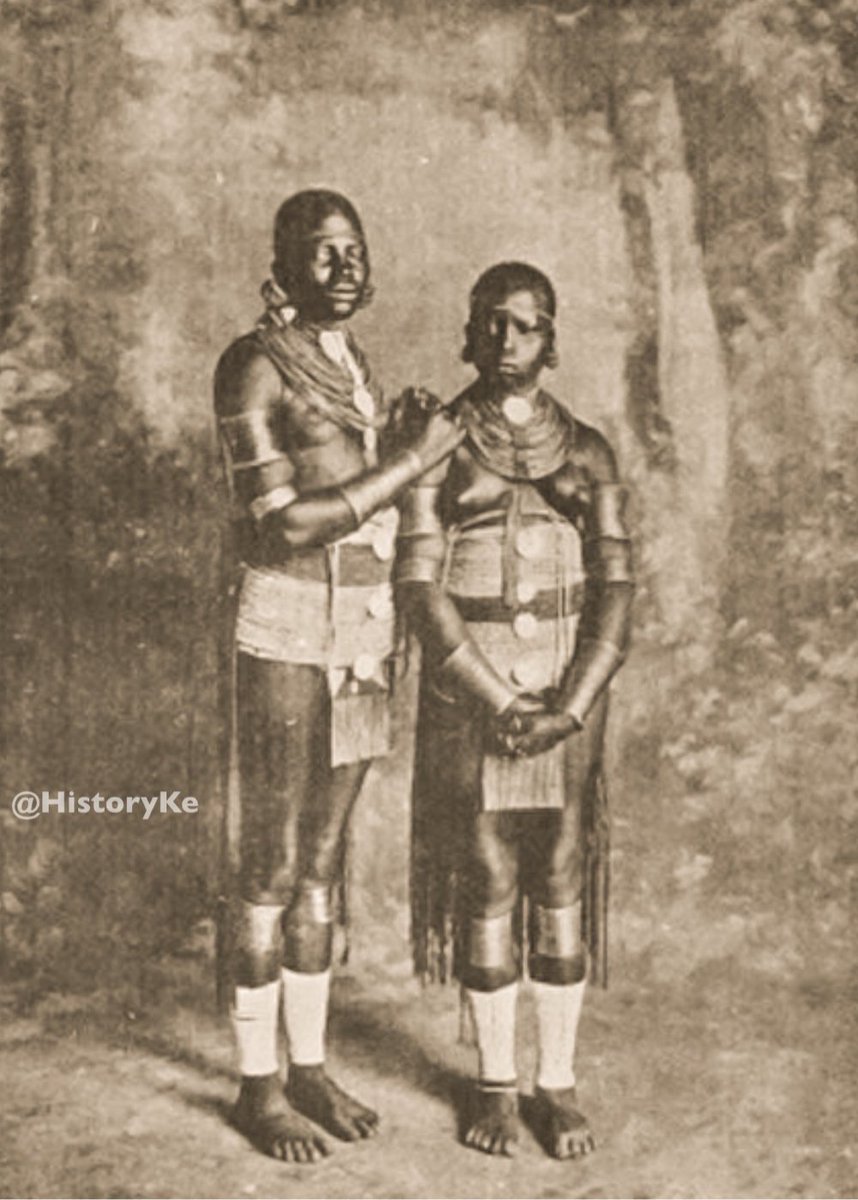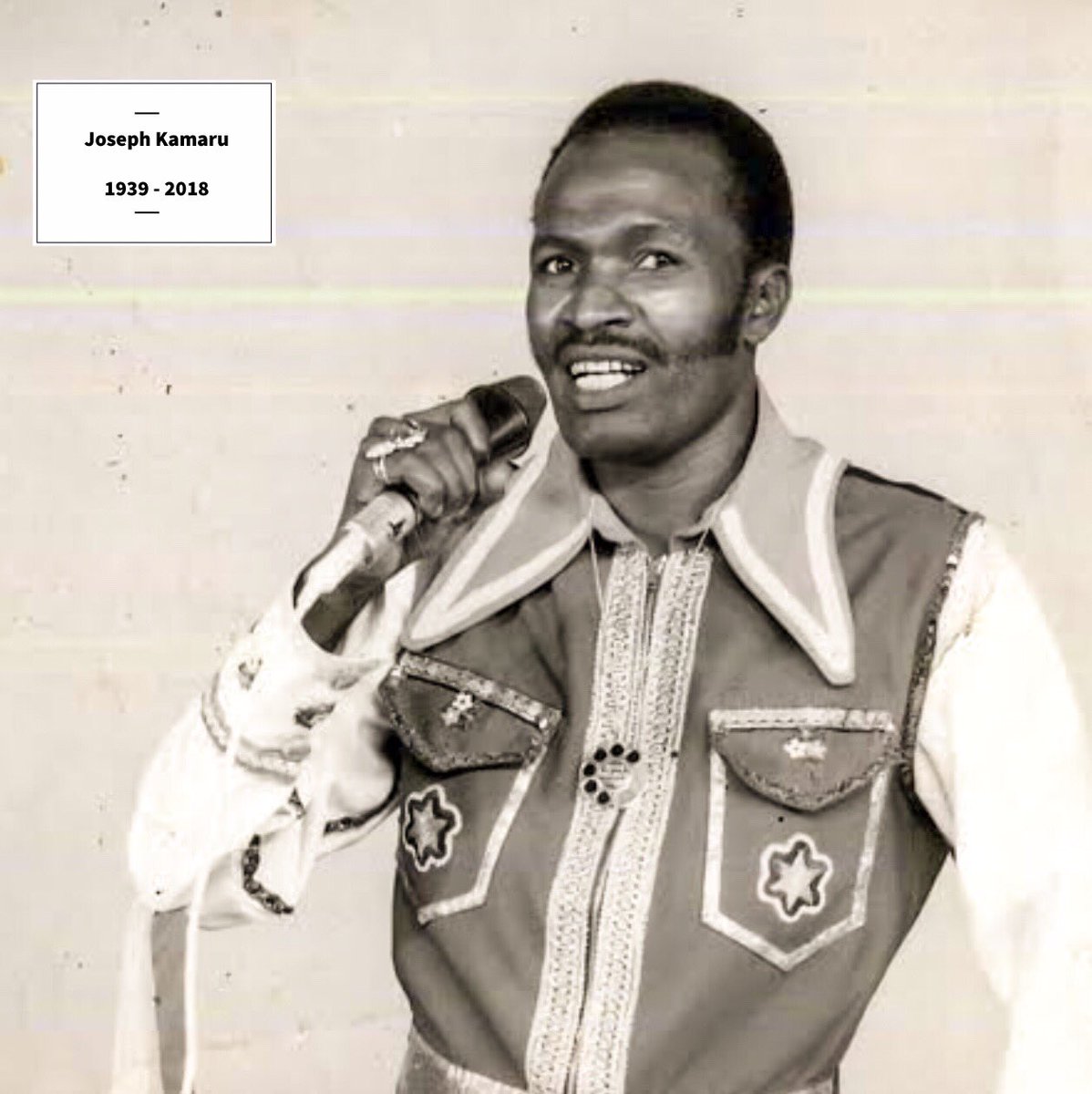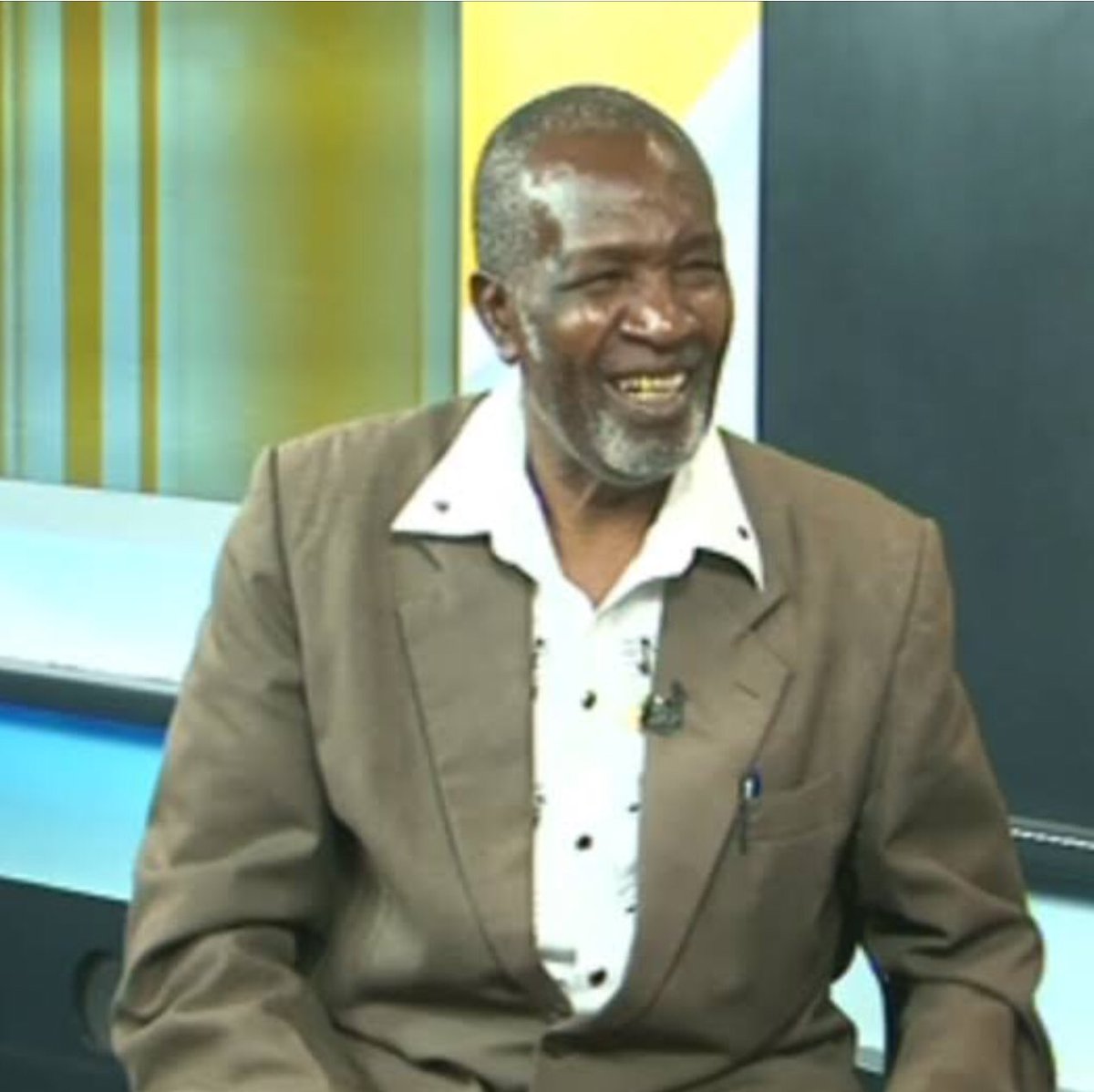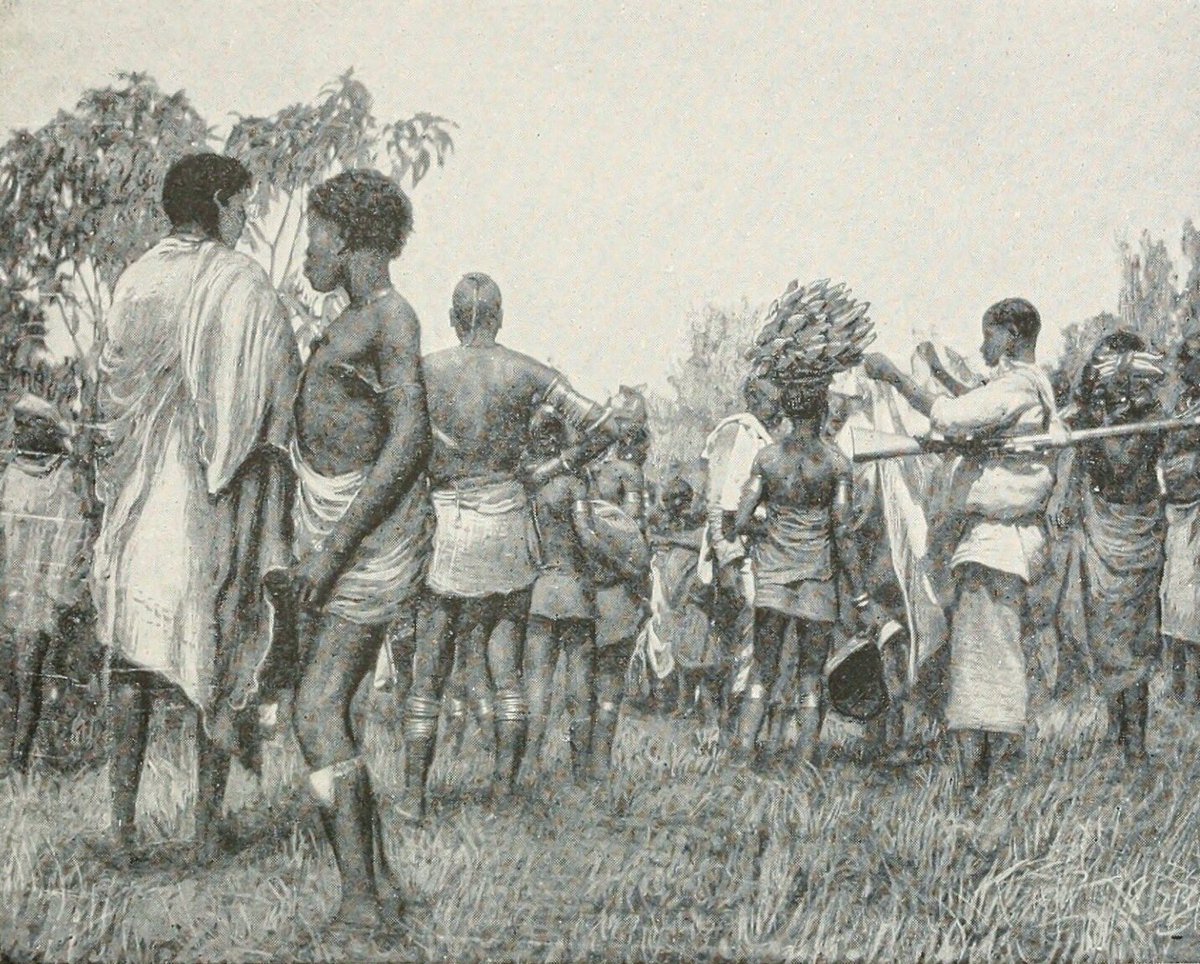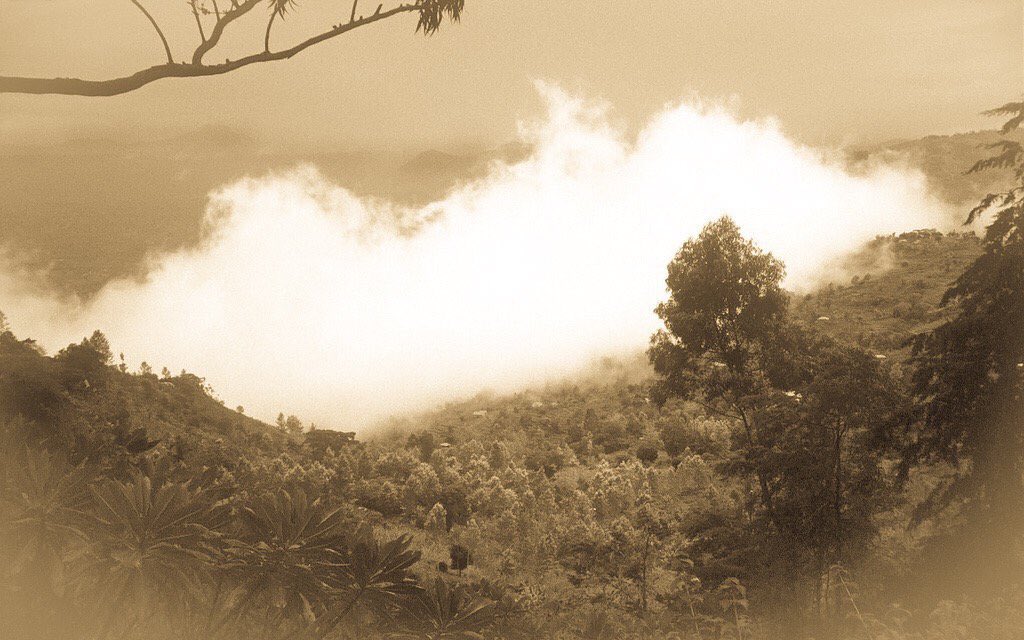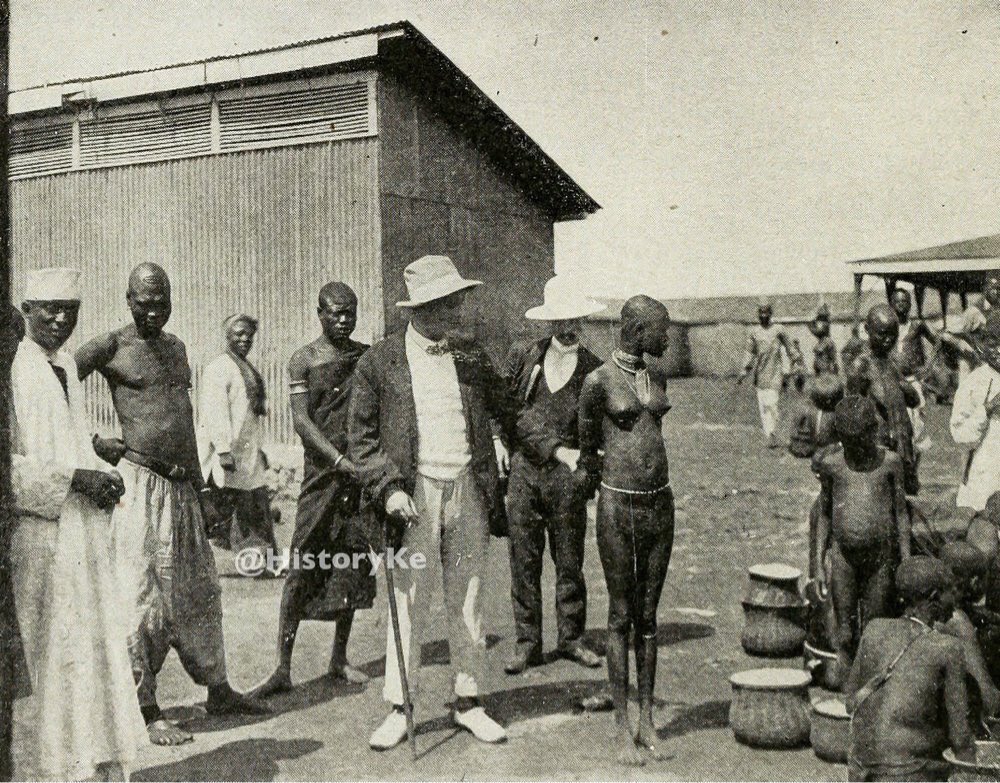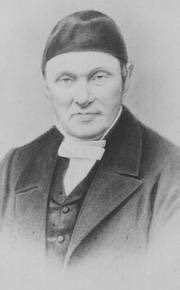1/17 #HistoryKeThread Feature On The Wakamba 
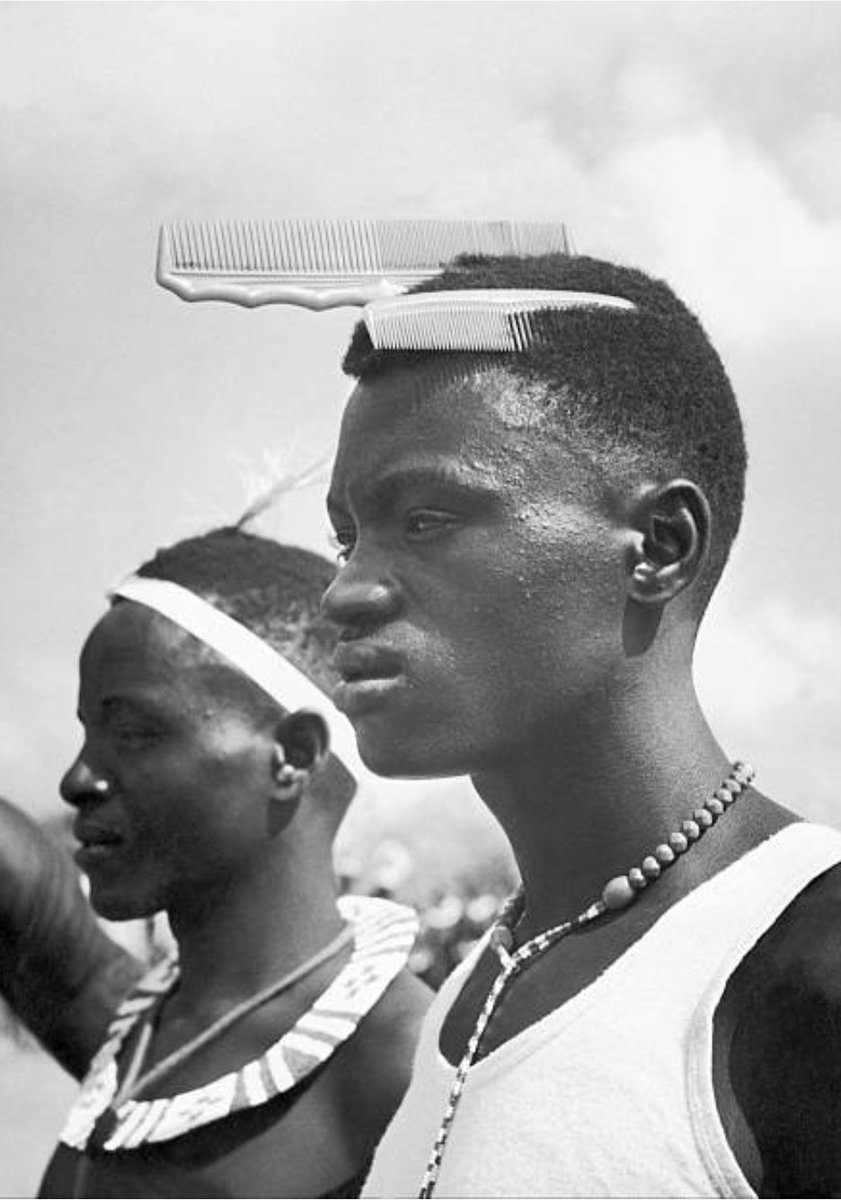
2/17 Charles Dundas was a British administrator serving in ukambani around 1910.
3/17 This is what he once wrote of the Kamba:
4/17 “It is a great mistake to reckon on outwitting him [the mkamba], for he is not easily duped although he may appear so. Nor can he easily be frighted, for he will obstinately sit down and await what may come...nothing makes one more helpless... 
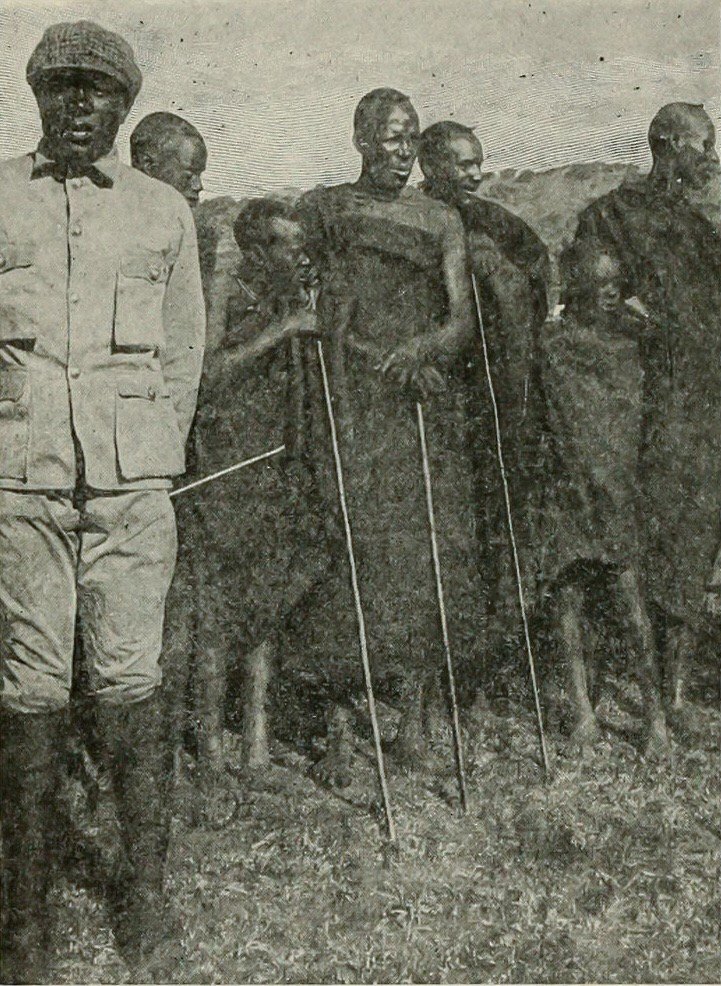
5/17 than his discovery that your threat was an empty one...”
6/17 Charles is the one who also noted opposition by Kitui women of tilling the land using hoes as it was believed that iron implements “drove away the rains”.
7/17 In later years, there was a campaign in Ukambani to rid the place of hookworms. This led to the construction of many pit latrines.
8/17 But it took a while for the Kamba to be convinced to make use of them.
9/17 And did you know that among the Wakamba, it was a “crime” to so much as hurl an insult to an elder?
10/17 A young man who had been disrespectful to an elder was required by his father to make to the elder the gift of traditional wine, at least equal in value to a goat,
11/17 When the British started enforcing their forms of justice in Kenya, they had to somewhat accommodate these Wakamba customs, only that members of this community started asking for higher amounts in money compensation.
12/17 In some cases, the courts denied compensation when the age difference between the parties was considered inadequate.
14/17 In a case at the Machakos Magistrates Court (CA 43/67) of June 19, 1967, the plaintiff had sired the elder half-brother for saying "that he usually peeps dresses of his daughter so as to find out whether she has committed adultery".
15/17 The plaintiff sought KES 600/- as compensation but was awarded KES 200/-).
16/17 “I am satisfied that the old custom of the Kamba whereby the aged were probably privileged to insult the young ones has died out in these modern civilized periods and days where no one is privileged to insult the other”, ruled the judge.
17/17 #HistoryKeThread is adjourned.
Sued, I meant. Not sired. Geez, the folks at @twitter should allow edit.
• • •
Missing some Tweet in this thread? You can try to
force a refresh

